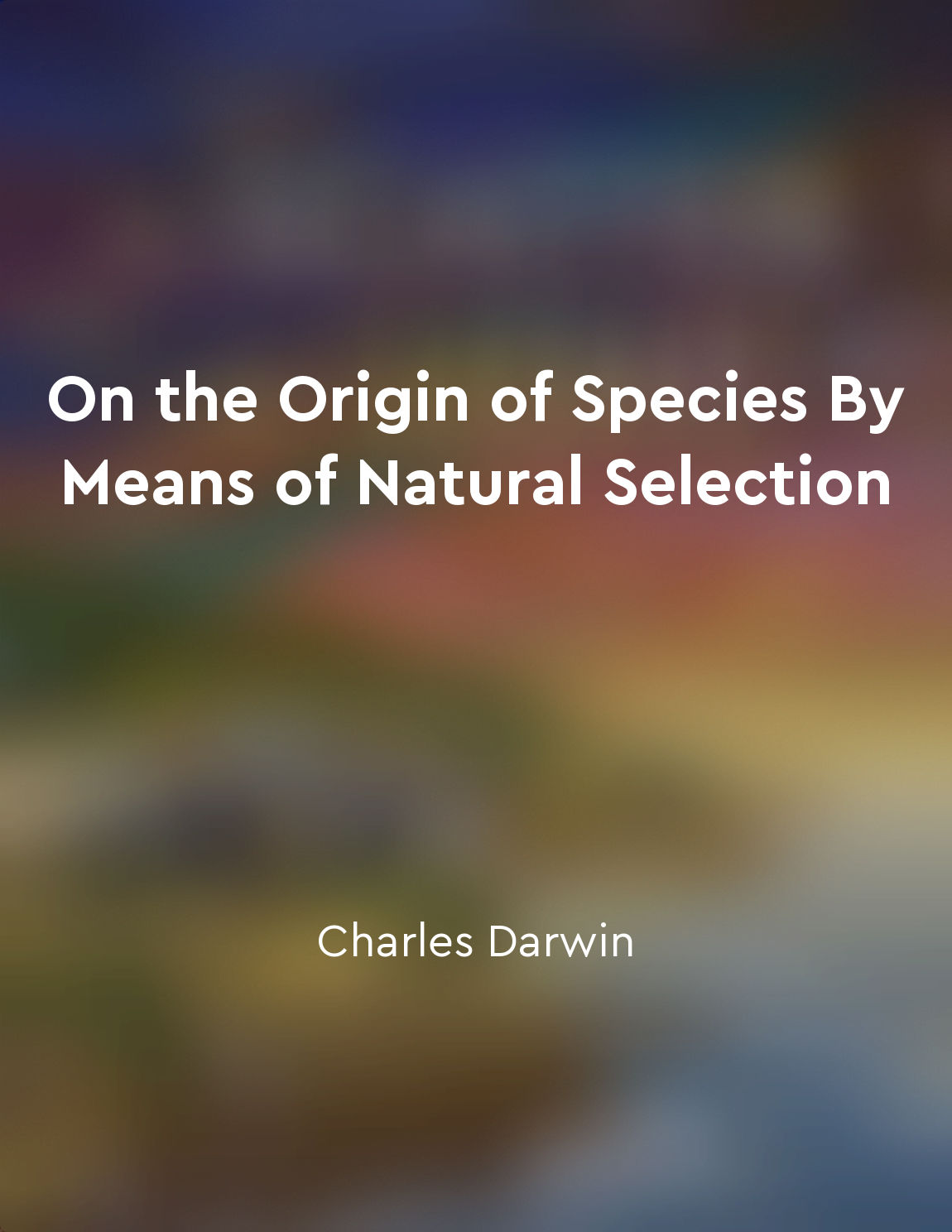Ecology is the study of interactions between organisms and their environment from "summary" of NCERT Exemplar Problems-Solutions BIOLOGY class 12th by Arihant Experts
Ecology is a branch of biology that deals with the study of interactions between organisms and their environment. It focuses on understanding how living organisms interact with each other and with their surroundings. This field of study helps us to comprehend the complex relationships that exist in nature and how they influence the balance of ecosystems. The environment plays a crucial role in shaping the behavior, distribution, and abundance of organisms. It includes both biotic factors, such as other living organisms, and abiotic factors, such as temperature, water, soil, and sunlight. These factors interact with each other in intricate ways, creating a dynamic and interconnected web of life. Organisms are constantly adapting to their environment in order to survive and reproduce. They have evolved various strategies and behaviors to cope with changes in their surroundings. These adaptations can range from physical characteristics, such as camouflage or protective shells, to behavioral traits, such as migration or hibernation. Ecologists study different levels of organization within ecosystems, from individual organisms to entire communities. They observe how species interact with each other, competing for resources like food, water, and shelter. They also investigate the flow of energy and nutrients through food chains and food webs, which are essential for sustaining life. By studying ecology, scientists can gain valuable insights into how ecosystems function and how they respond to disturbances. This knowledge is crucial for making informed decisions about conservation and management practices. It also helps us to understand the impact of human activities on the environment and to develop strategies for sustainable living.- Ecology provides a holistic view of the natural world, emphasizing the interconnectedness of all living things. It highlights the importance of preserving biodiversity and maintaining the delicate balance of ecosystems. Through the study of interactions between organisms and their environment, we can gain a deeper appreciation for the beauty and complexity of the natural world.
Similar Posts
Energy is transferred in living organisms through various metabolic pathways
Living organisms rely on various metabolic pathways to transfer energy within their bodies. These pathways involve complex bioc...
Dreams reveal hidden truths
In exploring the depths of the human mind, we often encounter the mysterious realm of dreams. These enigmatic visions that visi...
Earth's oceans play a crucial role in regulating the climate
The oceans are like the Earth's thermostat, constantly adjusting the planet's temperature to keep it within a habitable range. ...
Genetics and inheritance
Genetics and inheritance are the mechanisms by which living things pass on information about themselves to future generations. ...

Geographical distribution of species
The geographical distribution of species is a topic of great interest to naturalists, as it can provide valuable insights into ...

Our planet is a tiny speck in the grand scheme of things
In the vastness of the cosmos, our planet appears as a mere speck of dust floating in the immensity of space. To put things int...
Actions have consequences that ripple through society
The deeds of every individual have repercussions that extend far beyond the boundaries of his own existence. Each action, no ma...
Implementation
The process of implementation involves putting plans into action to achieve specified goals and objectives for the conservation...

